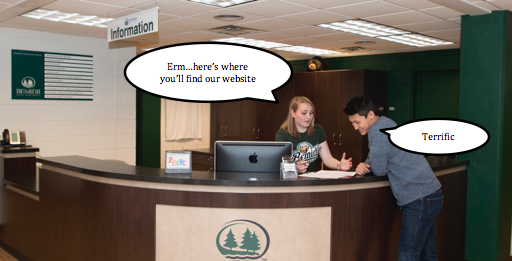Finding the 'Appy Medium
Strategy consultants working with consumer businesses hear one thing more than virtually any other, to the point of cliché: “we need an app”.
Do you? Why? Yours is just one of the many brands with which your customers interact.
These companies often pride themselves on being consumer led. If they think – understandably – that they need to show something ‘digital’ to their stakeholders, they would do well to start with the customer.
Why businesses have apps
We have spoken to leisure and hospitality groups, retailers and services businesses that all struggle to develop apps and other digital solutions, or that fail to see meaningful uptake and utilisation when they do.
Their apps usually offer versions of the same basic ideas:
Loyalty: QSR (quick service restaurants) and cafés use apps to replace dog-eared cards. Airlines use apps to promote and sell their own flights, and often to replace paper boarding cards
Payment: usually this involves loading cash onto an app, so in a restaurant for example there is no need to wait for change, or for a card machine be brought over
Non-core functionality that is thematically related: for example, a roadside assistance business might offer an integrated GPS navigation system
The problem with all of the above is that most people are 'polyapporous'. They interact with a variety of brands and value choice. They may download an app for single use (often a promotion at a significant acquisition cost) and delete it afterwards.
Maybe leave it to others...
Apps that work across a number of brands would seem more likely to appeal. Those that enable comparison across all providers, or keep all loyalty cards in one place, do exist. But traditional consumer businesses are usually too fearful of promoting the competition to develop such apps themselves. Instead, these opportunities are much more more likely be seized by entirely new businesses (Just Eat is a classic example).
This is not to say that traditional businesses should give up. But a core pillar of success is to know your customers, and this applies to digital as much as it does to anything else. Another pillar is to know your staff and your company.
...and spend your money more wisely
One business we have spoken to has made a bold move: to remove investment from app development, and instead to spend the money on smart hardware for its consumer-facing operations teams. This appears to have landed well, both with colleagues and customers: payments, requests and queries are all being handled more smoothly and efficiently. Digital has played a crucial role, but has taken a back seat to human interaction.
Customer experience may be king, but it doesn't always equal digital.





